Mission Community Guide • Week of 10/11
Options for Engagement Before Group
Introduction to Week 3
Emotionally healthy spirituality involves embracing God’s choice to birth us into a particular family, in a particular place, at a particular moment in history. That choice to embrace our past grants us certain opportunities and gifts. It also hands us a certain amount of “emotional baggage” for our journey through life. For some of us this load is minimal; for others, it is a heavy burden to carry. Healthy spirituality frees us to live joyfully in the present. Living joyfully, however, requires going back in order to go forward. This process takes us to the very heart of spirituality and discipleship in the family of God — breaking free from the destructive patterns of our past in order to live the life of love that God intends.
Our need to go back in order to go forward can be summed up in two essential biblical truths:
The blessings and sins of our families going back two to three generations profoundly impact who we are today.
Discipleship requires putting off the sinful patterns of our family of origin and relearning how to do life God’s way in God’s family.
We must honestly face the truths about our family of origin as well. Here are some recommendations for sitting with your family of origin and understanding how they might impact your life:
Beavers Family System - One resource for understanding our family of origin is something called the Beavers Family System. Take a moment to read over this article and share which style of family relating you resonate with the most.
Genogram - Genograms are helpful exercises that allow you to build a emotional family tree. This is a much more extensive family tree that might show the history of divorce, abuse, or toxic behavioral patterns that have been passed down generation to generation. You can get directions on how to draw a genogram here.
Family Messaging Exercise - This is another exercise to help you engage with emotional family matters.
List the life messages you received from each of your parents or care takers. ( ex .: Don’t be weak. Education is everything. You must achieve to be loved. Don’t be sad; things could be worse. Make a lot of money. Don’t trust people; they will hurt you.)
List any “earthquake” events that sent “aftershocks” into your extended family. ( ex .: abuse, premature or sudden deaths/losses, divorces, shameful secrets revealed, etc.)
Review the three separate boxes and summarize what messages about life/yourself/others you internalized. Then fill in the middle box, “Cumulative messages I received.”
Discussion Questions
1. How would you describe the family atmosphere you grew up in? Try to use just a word or two ( ex .: affirming, complaining, critical, approachable, angry, tense, cooperative, competitive, close, distant, fun, serious).
2. What is your greatest fear in looking back at your family of origin to discern unhealthy patterns and themes? Explain.
3. Part of the challenge of how our families of origin impact us is that their influence and messages to us can be covert, and remain unexamined. Having now examined some of these forces in your own story, what are some aspects of your background or family of origin that you value, and that you want to take with you moving forward? And what are some things that you want to leave behind?





